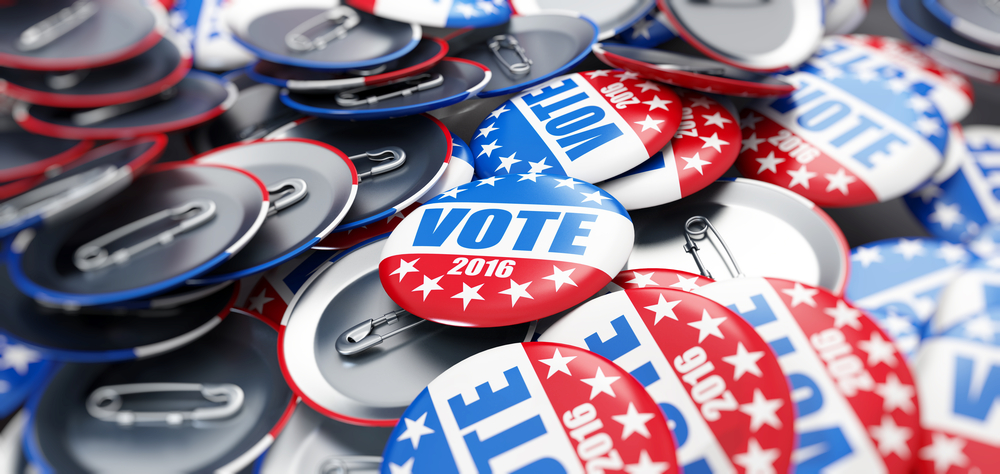The Hazy Link Between Elections and Recessions
Do recessions often follow elections? That’s the suggestion from this interesting piece in The Wall Street Journal by Josh Zumbrun earlier this week.
Zumbrun says the economy has looked good in recent months, pointing to consumer spending, industrial production, and jobs. But he notes that economists still say a recession in the next year is a possibility.
This, he says, is because of the uncertainty surrounding the election. And he notes research that shows the U.S. falls into recession more often in the year after a presidential election than in other years. The country has never had three consecutive presidential terms without the start of a new recession, he notes.
But our Polina Vlasenko is skeptical. She notes that the study quoted in the article is careful to say that it’s hard to prove that elections somehow cause recessions. And with 11 recessions since World War II, it’s a small sample size, she said.
There is uncertainty with this election, but not all elections bring elevated uncertainty, she noted.
“Overall, my take on this is that they are overthinking it. We do not have enough evidence to say the elections cause recessions later. What we find in data is more likely to be a coincidence than anything else,” said Vlasenko, a senior research fellow at AIER.
“And the overall point that the article makes – that the election is the reason economists are cautious about the economy in light of data that look pretty good – I would disagree with. Economists are cautious on the economy because the data do not look all that great. Yes, we added 151,000 jobs last month, but that is not a lot. If the economy added 200,000+ jobs for several months in a row, most economists would not be worried about any possibility of a recession, elections or not. There are other worrisome signs in data, such as a slowdown in new orders for consumer goods, and slow business investment. That makes economists cautious about the future path of the economy. In other words, it is not the election, it is the actual data about the economy that prevent me from ‘sounding the all-clear.’”
Click here to sign up for the Daily Economy weekly digest!









